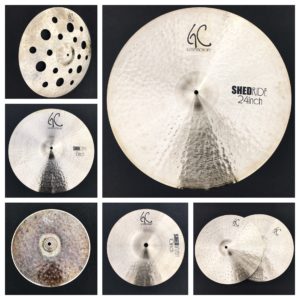Coda
Pronunciation: KOE-dah
What is a Coda?
Coda is a closing section of a musical composition that is formally different from the main structure of the song. It comes from the Latin word “cauda,” which means “edge,” as well as being “tail” in Italian.
Key Takeaways
- Coda is a musical composition found at the closing of a song and distinct from the entire body.
- Coda can be as short as simple measures or as long and complex as an entirely extended closing portion of a song.
- Coda is used to bring a satisfactory close to a composition.
Understanding Coda
It was often used in sonata form and other variations in the Classical era. It is usually short and adds a final embellishment to a song beyond its natural end. In rock and popular music, it is often called an “outro,” and in jazz or modern church music, it is called a “tag.”
Coda is technically an expanded version of the cadence and it can be as short as a few measures or as complicated as an entire section. One of the most well-known Codas is found in the 1968 Beatles song, “Hey Jude,” with a Coda lasting as long as 4 minutes.
Related Terms
Bridge A bridge is a section of a musical composition that contrasts the rest of the composition of the song. more
Encore An encore is a performance played at the end of a concert, which is often a response to an audience’s prolonged applause or request. more
Overture An overture is a short musical composition played before the official beginning of a musical program. more
Prelude Prelude is a term in music that defined an introductory performance preceding or preparing for the principal. more
Vamp A Vamp is a short passage of music that is repeatedly played to allow a soloist or ensemble time to prepare for the performance. more



